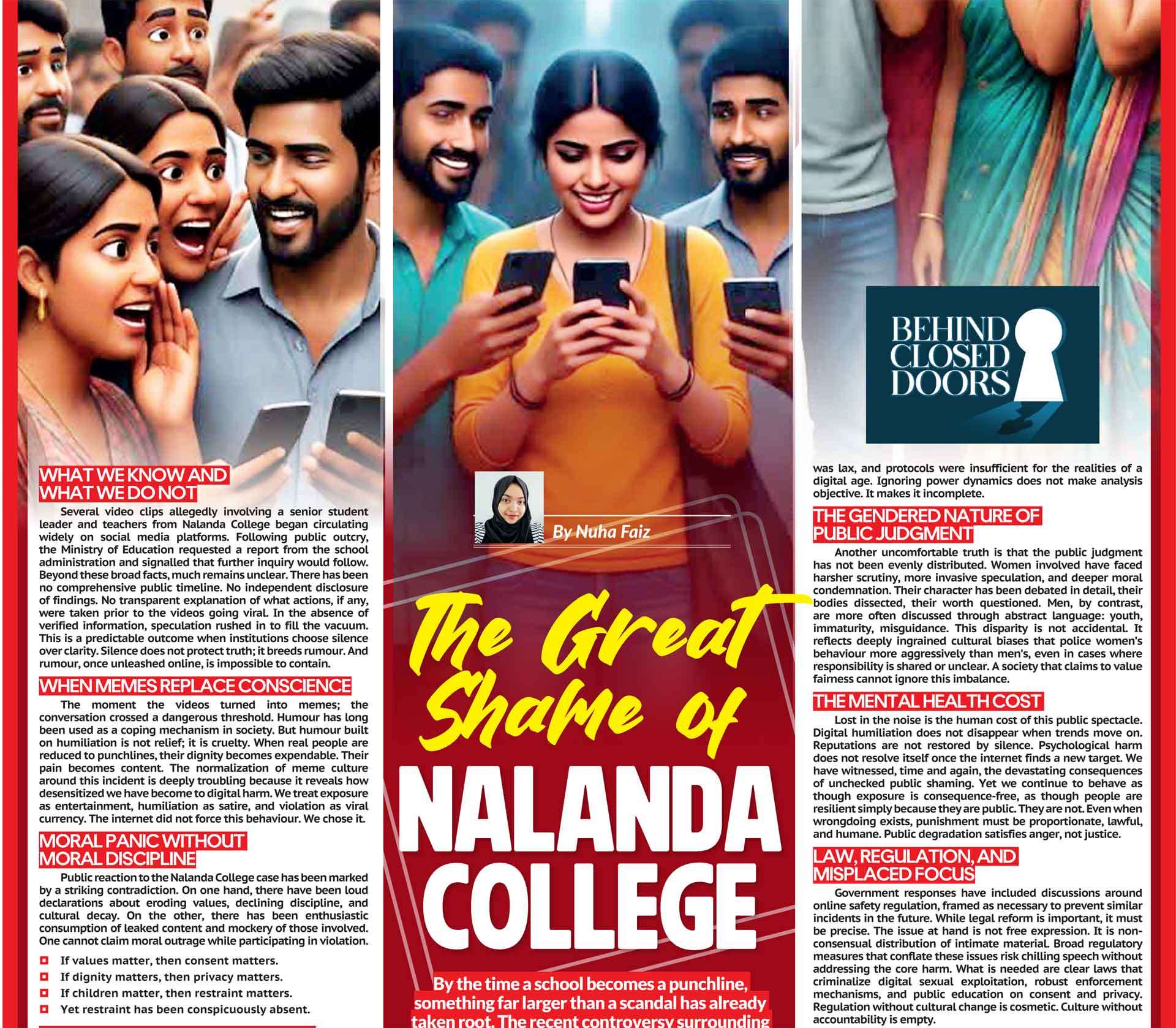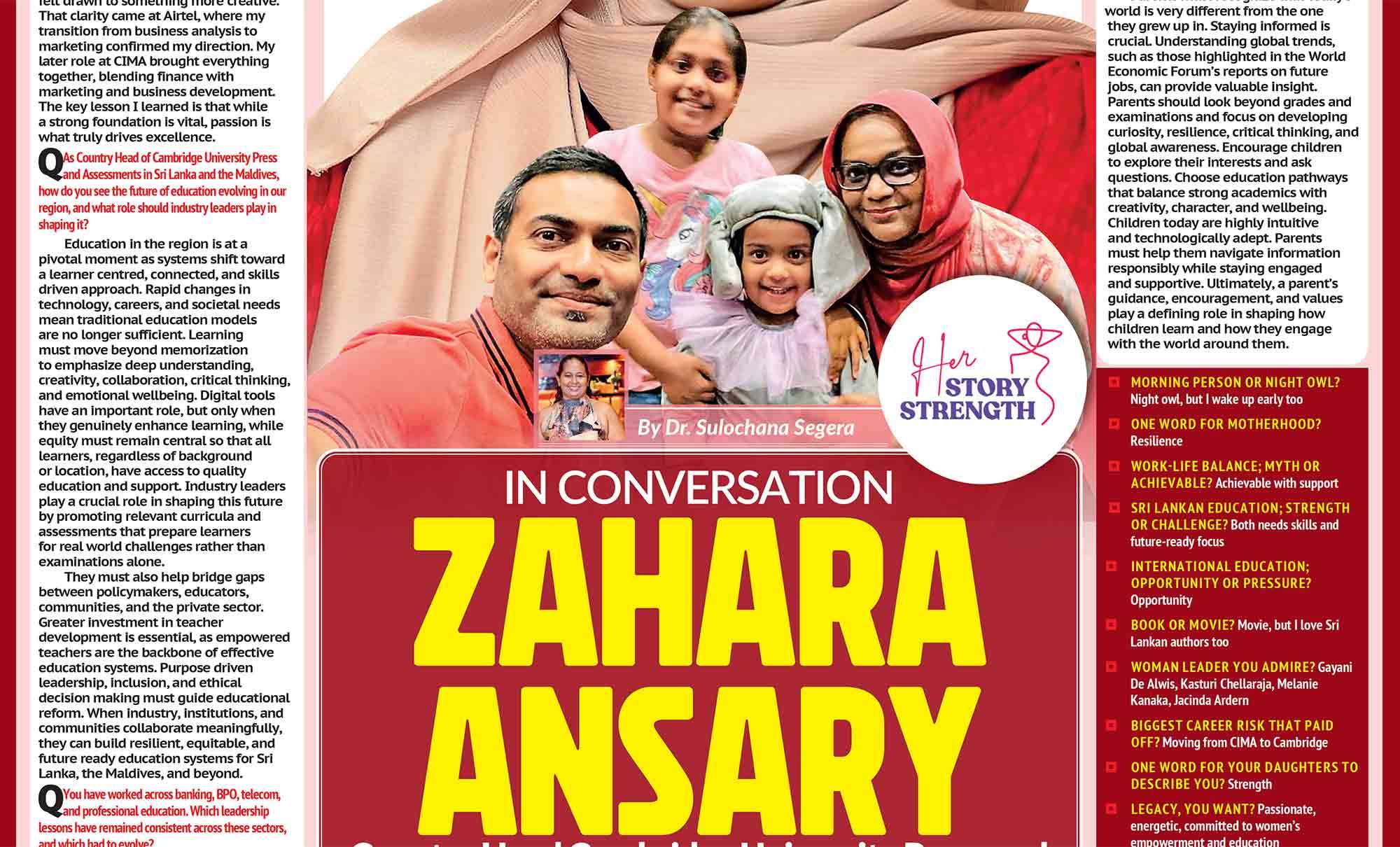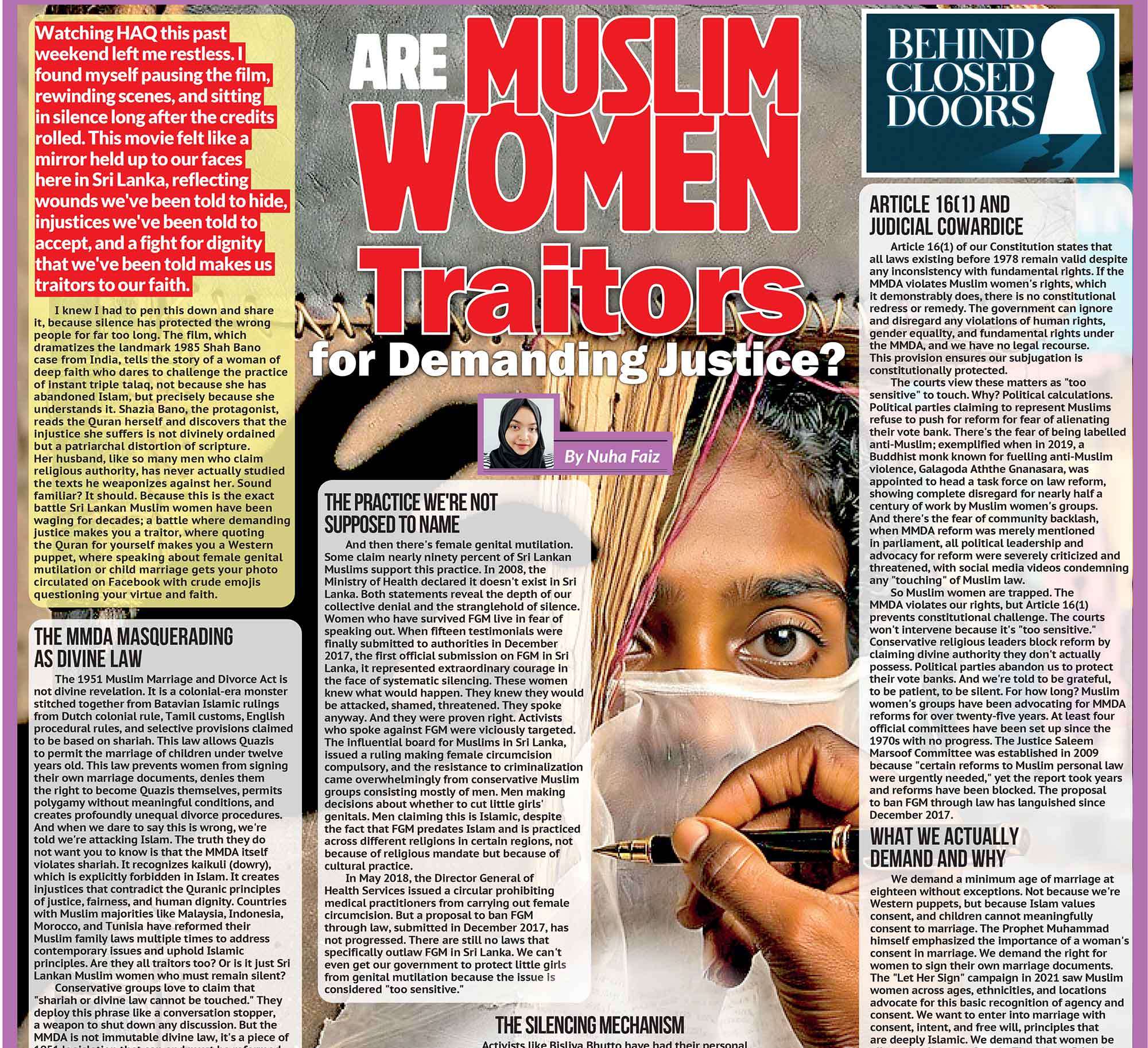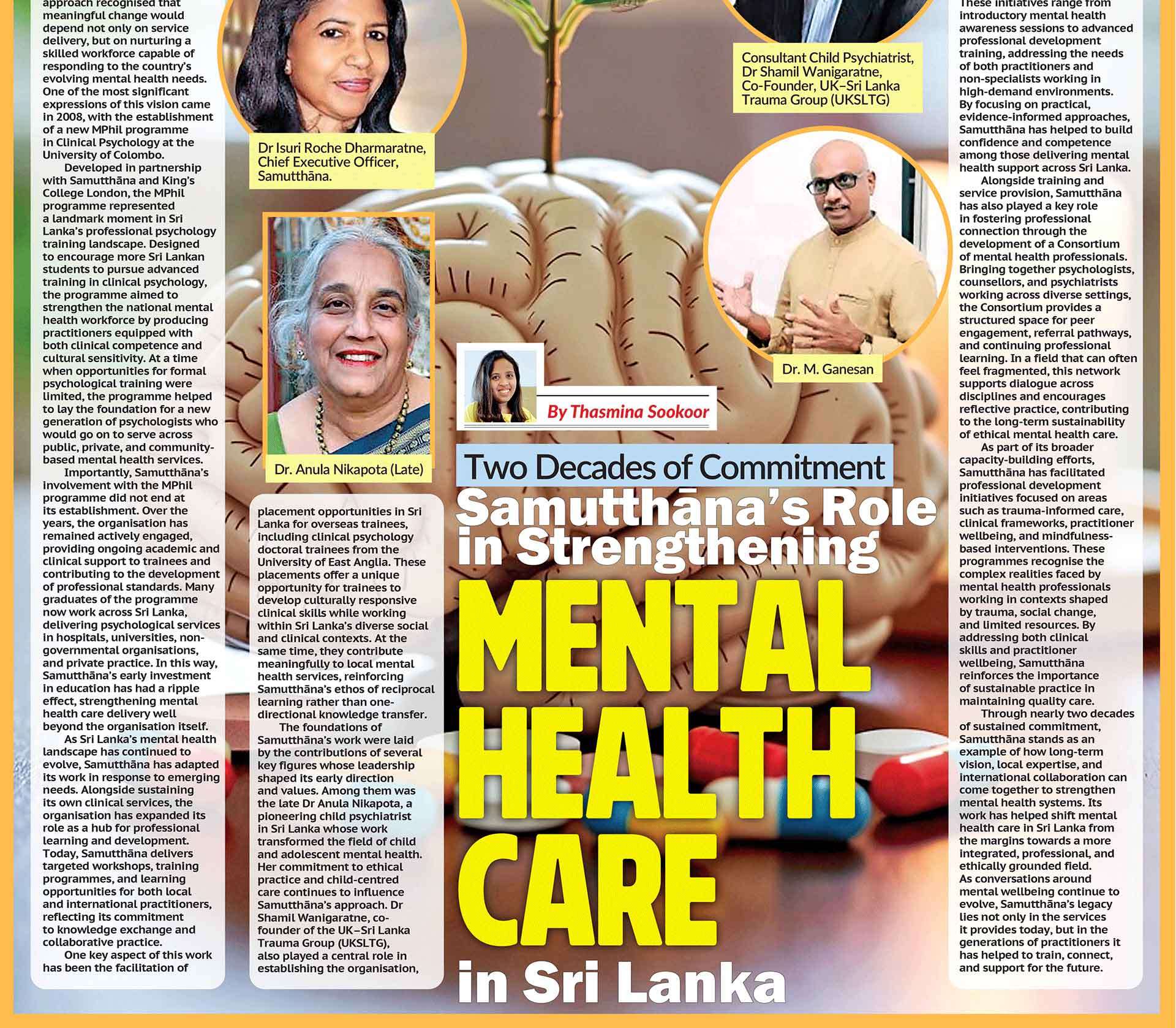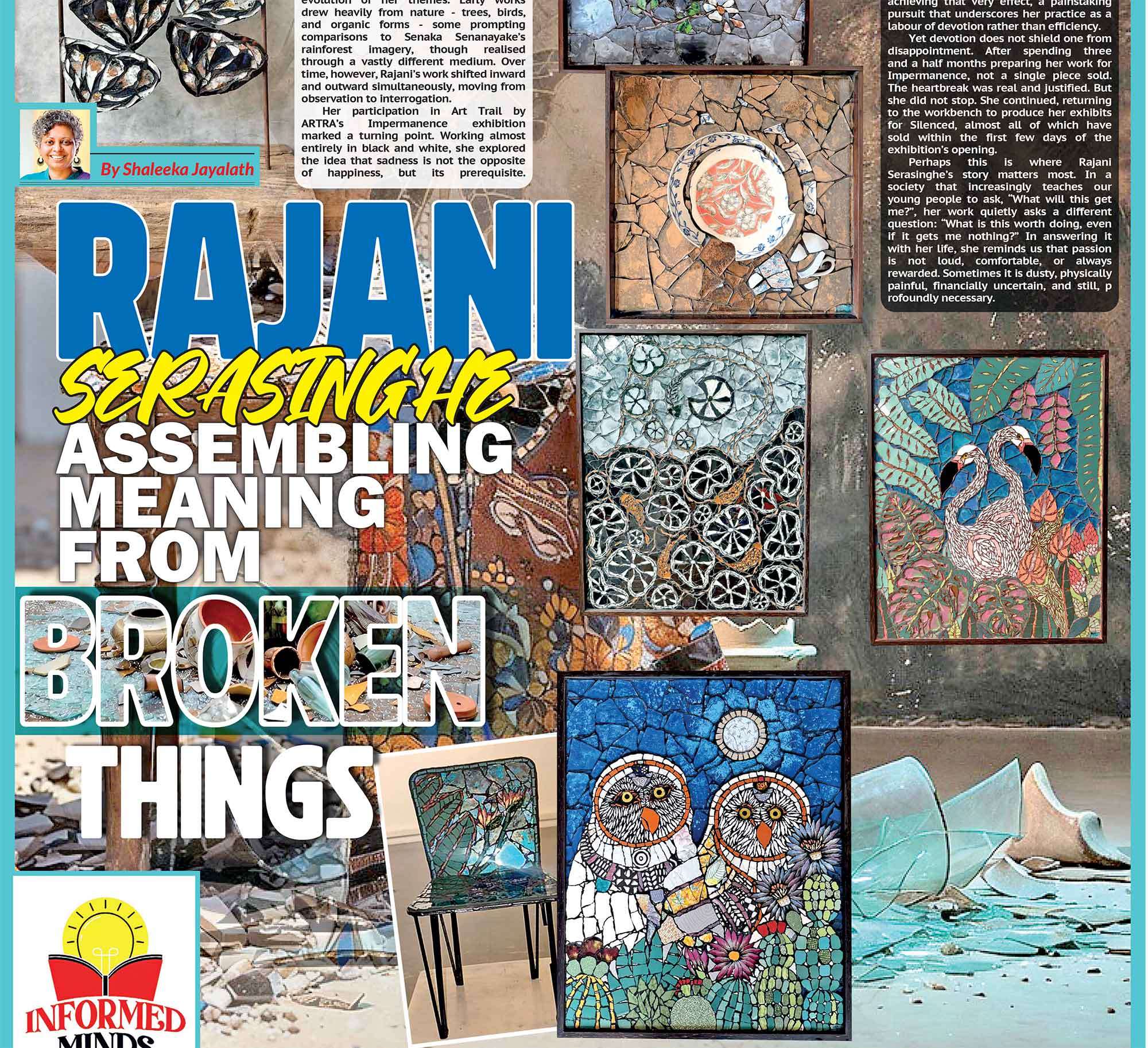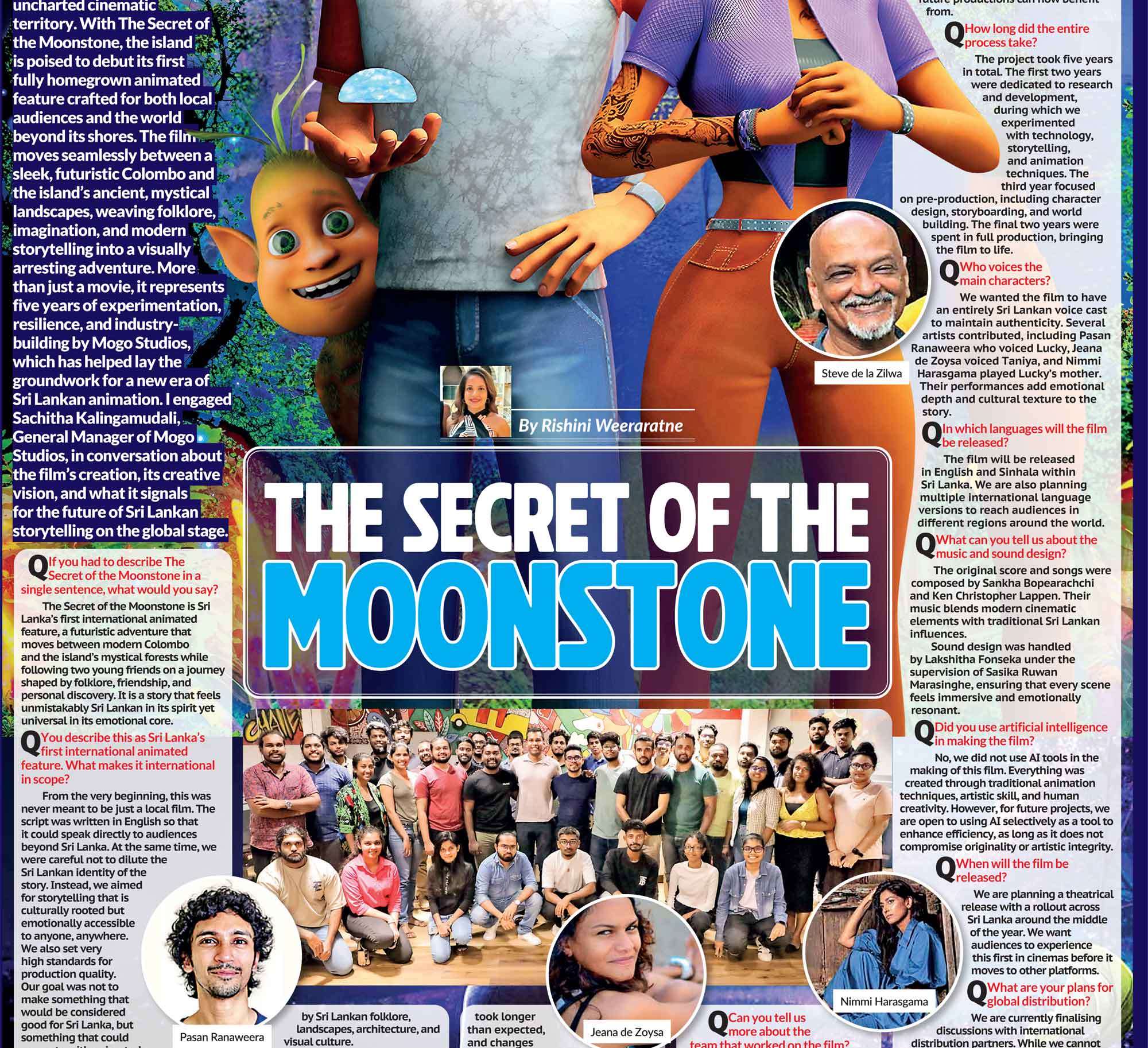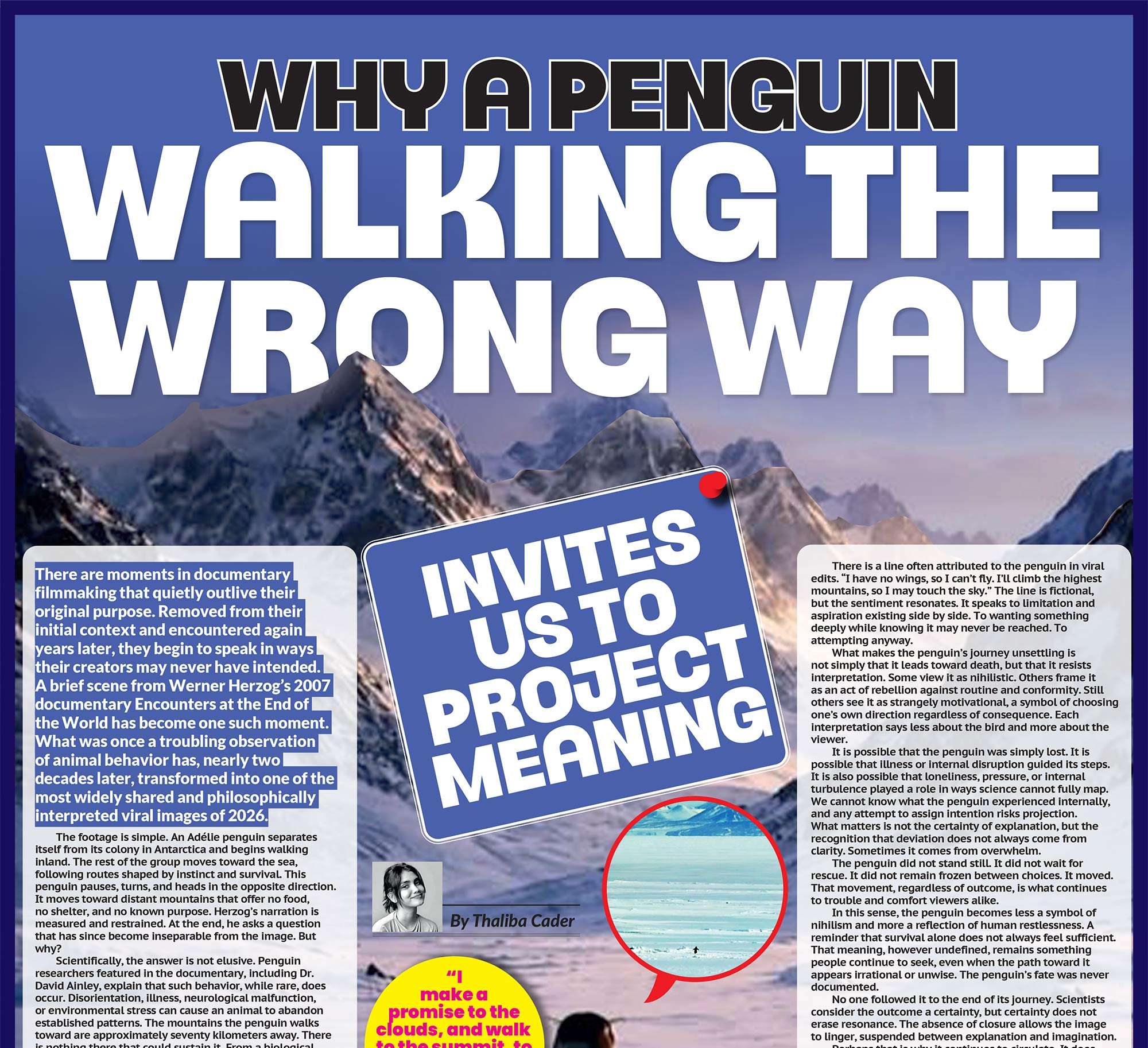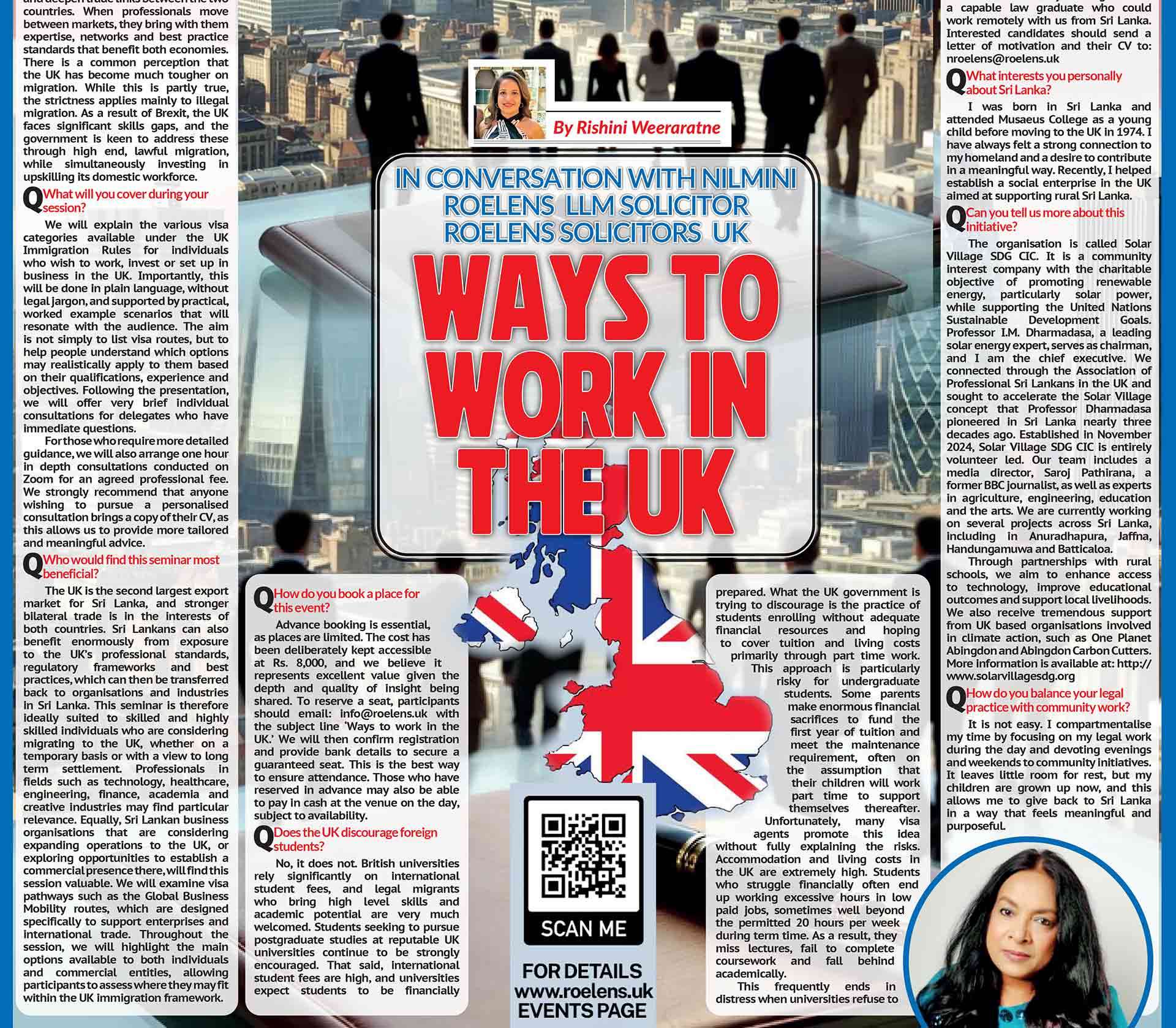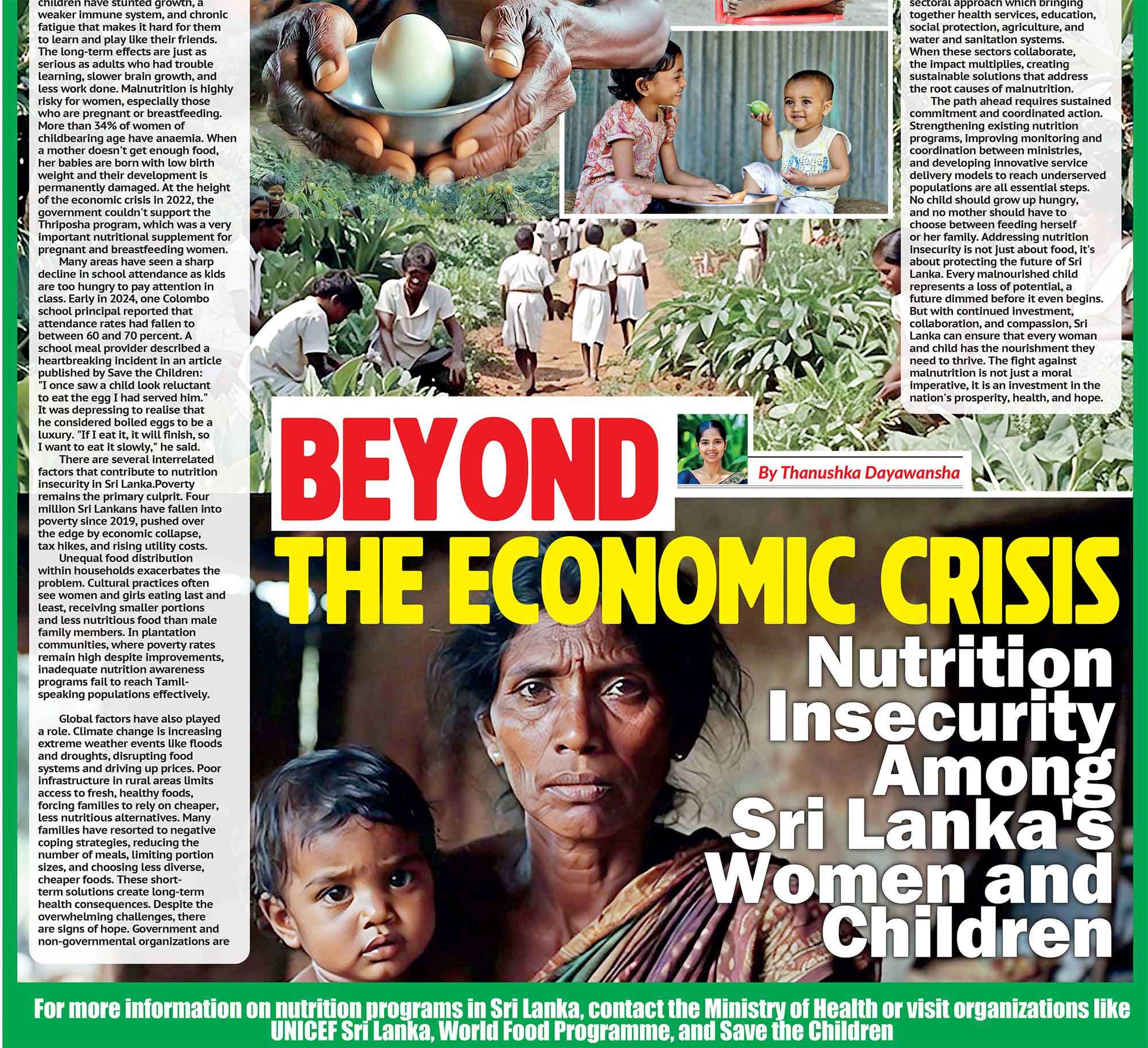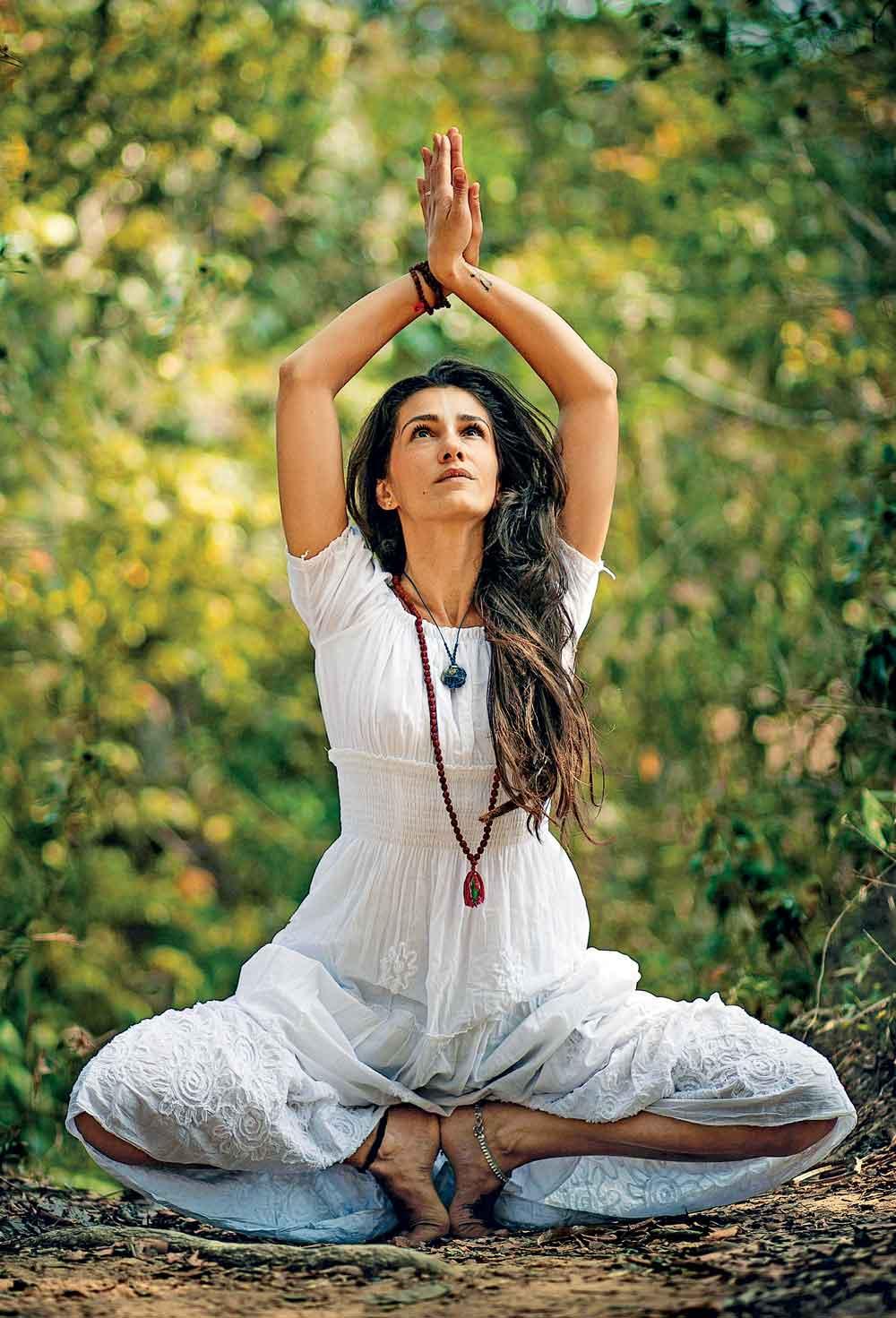

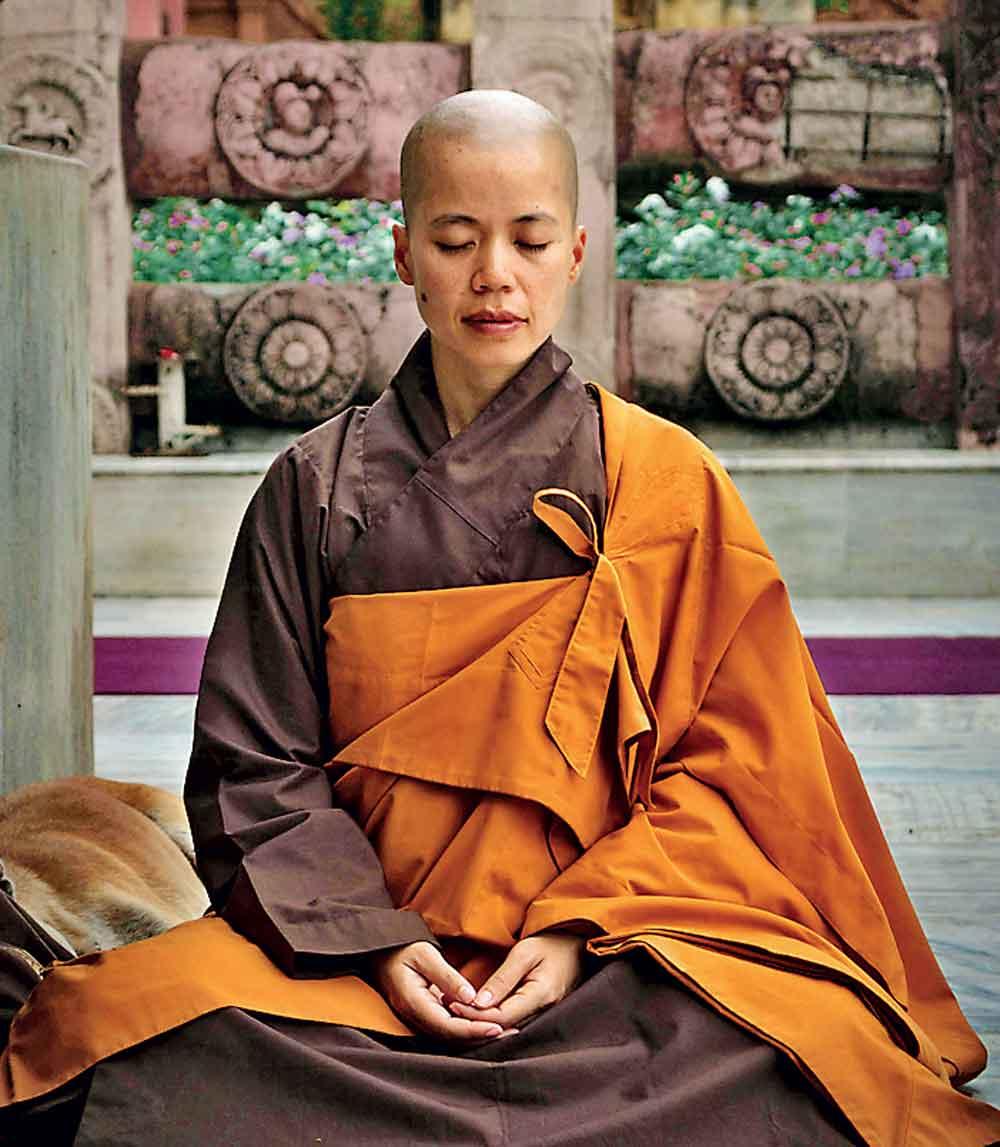
Practicing mindfulness doesn't have to be a time-consuming process if that is not your preference
The 5-4-3-2-1 method includes identifying five things you can see, four things you can feel, three things you can hear, two things you can smell and one thing you can taste in your present environment
So, you’re running late for a meeting, and you’ve spilt coffee down your shirt. You’re working on 5 concurrent projects and they’re all due tomorrow; you hardly have time to eat or sleep and- someone wants you to meditate about it!?
No chance.
I can see how having yet another thing to allocate time for (when you really should be doing that other thing) can make you not want to do it. This is perhaps the biggest reason mindfulness is so often dismissed by those why need it most.
Right, so you keep saying that word, but you haven't told us what it is…
Mindfulness is a state in which an individual is objectively aware of their thoughts, feelings and sensations without judgement or immediate action. Although such introspection may be uncomfortable at first, it allows us to identify and build resilience to negative self-talk and fully process our emotions before responding to our environment. It is also effective in taking us out of fight or flight mode by shifting our focus to the present moment and reducing reactivity to stressors.
But isn't it a religious thing?
Mindfulness is rooted in religious and cultural practices that many people still partake in today. However, these traditional practices have also influenced the formation of modern, secular practices that anyone can partake in.
The main aim of mindfulness is to help the individual regain control over their mind. It teaches us to be intentional about the things that we dedicate our time and energy to and empowers us to be able to make those choices.
Is it not just relaxing then?
Mindfulness is the precursor to relaxing. It is the process of identifying and disengaging from the cognitive processes such as self-criticism and comparison that make relaxing difficult. It also allows you to identify where you are holding tension in your body and release it, helping you to feel at ease.
I just don't have the time for this…
Practicing mindfulness doesn't have to be a time-consuming process if that is not your preference. Sure, some people dedicate hours of their day to meditation and yoga- but there are other mindfulness practices that only take a few minutes to carry out.


